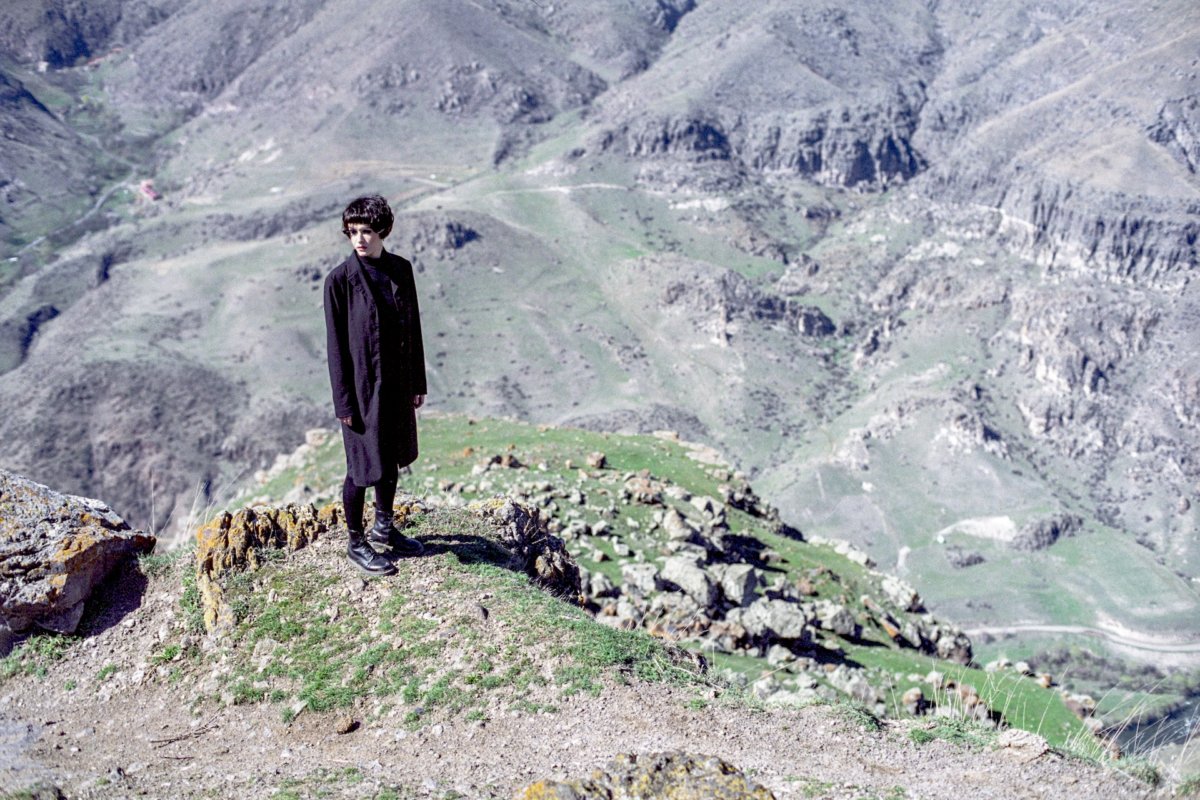Toko-pa Turner spoke to a crowded room about her book Belonging. She wove her story, her dreams, and her thoughts about fitting in, belonging, and dreamwork. We are vulnerable to “false belonging” crediting John O’Donohue when we do not differentiate between fitting in and belonging. The bottom line is – fitting in ain’t belonging. It sounds obvious – is it in our lives?
Perhaps most known for her dreamwork, Toko-pa shares one dream that held personal and universal significance. In it, some people are building a deck, with a hole in the middle to plant a tree. I’m sure the audience quickly envisioned how beautiful this deck would be, especially as the tree grew and people could take loving refuge beneath the canopy. Maybe its fragrance fills the air in the imaginary.
“Dreams is nature naturing through us, “inclining us to fruitfulness and wholeness. Dreams have a secret longing and a vitality that’s pulsing through it and we have to apprentice to it without previous conception to know the soul’s inclination and to follow that energy.”
– Toko-pa Turner
When Toko-pa woke up from this dream, she thought “how ridiculous is that idea.” The tree would not have enough space to grow fully.
I’m reminded of the papaya trees I saw at gardens that, because of the slender trunks, would never fruit. The wisdom of the tree understood that the structure was not sturdy enough to bear the weight. And yet, we the people wanted a papaya tree and we made it fit into our urban environment by growing them in pots. We are complicit in the soil of unbelonging.
And of course Toko-pa is right. To fit in, like the tree, we have to stay the same, stay small, even cutting off parts of ourselves. To fit in, by definition, we would have to remain in “the hole designated for us.”
At one time, this space may have been comfortable and we felt we belonged. We enjoyed the benefits of membership and either ignored or missed seeing the costs.
False Belonging
This is false belonging. How do we know? We tow the “company line”, hold our tongue, and not express the colours of who we are. As “diminished versions”, we stunt our organic and natural inclination to experimentation, risks, and growth.
May you become the gracious and passionate subject of your own life/May you not disrespect your mystery through brittle words or false belonging – John O’Donohue, A Blessing for Absence from Eternal Echoes
…then we hit some threshold – compromise is no longer viable or desirable and our “hidden contracts start showing themselves”…
Anyhow the whole deck in the dream goes up in flames and becomes ash. The personal significance is that in parallel the platform she had built around her idea of belonging was being demolished in her life. When she exited a group, through which many friendships had been birthed and nurtured, she was also being excommunicated, cut off from the warm community she felt she had belonged to.
This happened about five years ago, when she became ill, and mirrored her life at 14, when she ran away from home and became part of the system. Both junctures irrevocably changed her life. This situation “constellated a traumatic reaction” and her body reacted very physically. “Freaked out” were her words.
She had to enter into questioning, into the original estrangement, to look at whether she had processed what happened at 14. Had she grieved the losses, or integrated what had transpired? Like others who compartmentalize to survive, the answer was “no”.
“For some people, there is a single defining moment when an internal vow of smallness was made. For others, this cringing of the spirit comes from a repetitive and insidious rivulet of disapproving glares, mocking jeers, or shaming of their particular flair. Sometimes, it is the eclipsing nature of another’s personality in whose shadow you lived. But we do learn it. We learn that if we want to fit in, we must split off, shrink down, and make ourselves silent or invisible.”
What is Belonging?
Toko-pa believes that it is a practice, a dynamic process, and a set of skills forgotten or lost in our modern times. Belonging is not static. We don’t find it and then that’s it. Because let’s be honest – life is not static, we are not static, other people are not static. So Toko-pa sees value in those periods of exile, periods of separation that are essential to true belonging. Separateness and togetherness. Naming them as initiations by exile, we can “better story our experiences as healthy” and move towards greater belonging.
“Old belonging has to burn down and break, in order for us to encounter the true medicine of our calling.”
We must also remember that unbelonging did not start with us. “Our first unbelonging experience is a pattern” and tracing this missing back and reconciling it to its history helps us in forward belonging. “Missing has been passed on, gaining acceleration through generations.” Our true inheritance, Toko-pa reminds us, is the resilience of our ancestors. We are the “expressions and extension of a long line of survivors” and we are here to “turn the salt of bitterness to the salt of wisdom.”
We can create belonging by inhabiting ourselves more fully. Toko-pa suggests being what we are longing for. Discover what’s most missing and give it away. For me this is a practice of abundance – rather than focus on lack, switch up our perspective. Give it away and it comes back many folds for there is abundance. Do this not to trick the universe for abundance. Do it because of your belief in abundance! Remember – energy speaks the loudest.
Other ideas she offers – work with our hands, with the earth, make beauty and put beauty out into the world, and create belonging for someone else. Go talk to that person who’s trying to shrink at a party. She references Alice Walker speaking about the thrill of our own conception when we are actively being creative. “Helped are those who create anything at all, for they shall relive the thrill of their own conception, and realize a partnership in the creation of the Universe that keeps them responsible and cheerful.” (Read the whole quote here on Goodreads)
How does she feel after finishing the book?
Toko-pa shares that a piece is healed, not that she’s figured anything out. The book is not 7 steps to belonging. For her, it’s learning about living with absences and loss and always returning to her practice of belonging. Having a feeling heart and the capacity to feel grief and loss is a good thing. Evil is an anaesthetized heart. She shares that she lost an entire branch of her family in the Holocaust and she will always be sad thinking about that.
Telling her story was admittedly the hardest part, with so many big triggers around sharing that part of her life. She confessed that she was trying to outrun the story of a runaway. She came to see the patterns of unbelonging she created in her life.
What didn’t happen? Curing her illness. Toko-pa has rheumatoid arthritis. At the beginning of the talk, we were asked to show our affection and appreciation in non-physical ways because it is physically painful for her. She deals with chronic pain and fatigue, a condition she sees as only progressively debilitating. She has to choose discriminately where to direct her energy.
Sounds like an unintentional teaching moment for all of us. Belonging starts with self-belonging which means self-care and self-awareness. Self-knowing.

We all want to belong. Whether we admit it or run away from it. Often we define ourselves as “weirdos and outcasts” and wear our unbelonging like a badge. Our unbelonging can be rooted far in our past, beyond this lifetime, and in a myriad of ways. Perhaps at this moment we are initiating by exile and on the way to greater belonging. First we must belong to ourselves. This way, we know not to even try fitting in and are pulled to spaces of belonging. No labels required.
This article is based on Toko-pa Turner’s talk at Banyen Books in November 2018. Belonging is one of those books you take your time reading, so pregnant with meaning and thought, so inviting for self-reflection.















